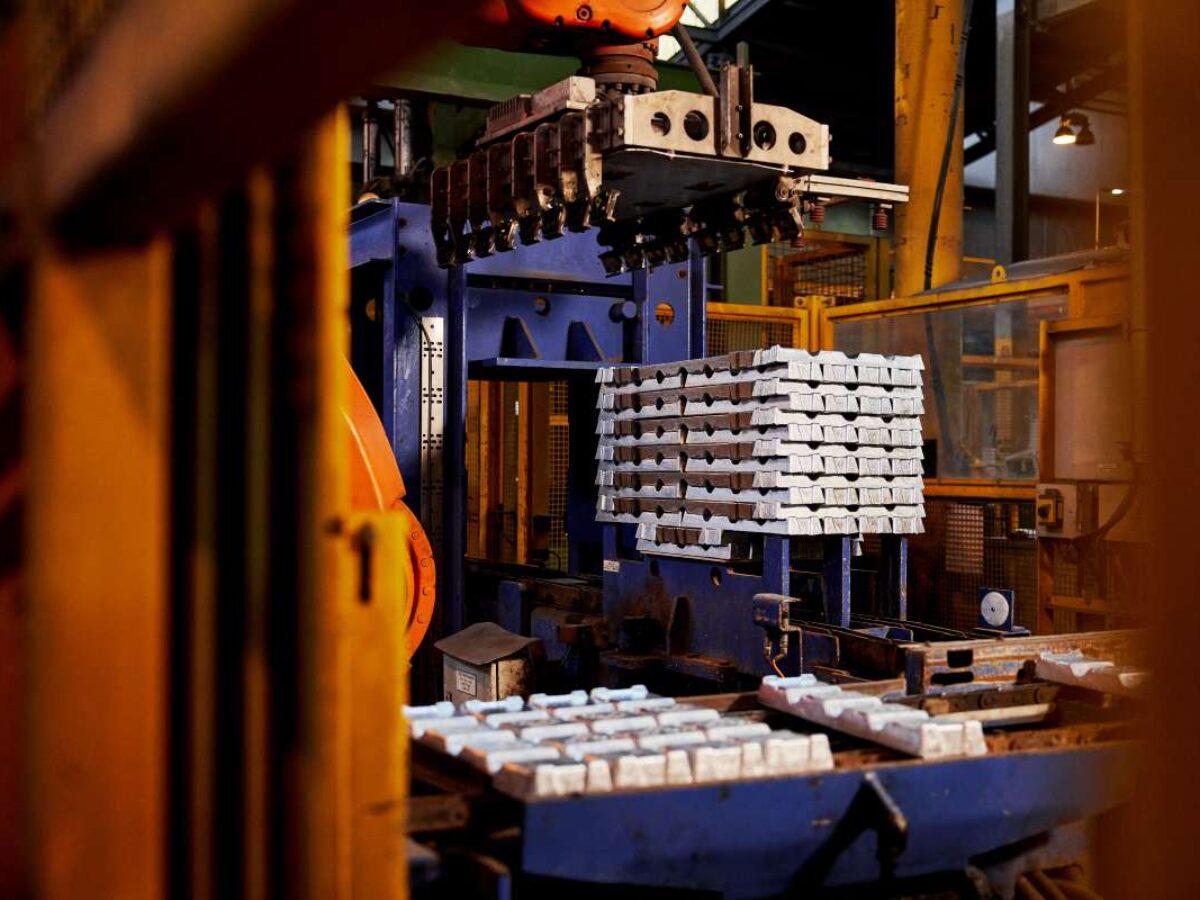Losing lead and zinc means losing critical mineral export potential, says new Nyrstar-commissioned report

The nation’s hopes of becoming a major exporter of critical minerals are suffering due to risks to onshore lead and zinc refining, according to research commissioned by Nyrstar, which processes these and other metals in Australia.
According to a statement from Nyrstar Australia on Thursday, the new research from economics firm Mandala in The Economic and Strategic Importance of Multi-Metals Processing highlights “national interest, not just economically, but strategically” attached to retaining production of lead and zinc.
The CEO of parent company Trafigura reportedly told a business summit in March that Nyrstar Australia’s operations – which include refineries at Port Pirie in South Australia and Hobart, Tasmania – were “uneconomical” and “under review” and could be sold.
According to the company’s statement on Thursday, the new report shows that losing lead and zinc smelting would mean the “ability to rebuild smelting infrastructure and workforce pipelines” would be near-impossible.
These metals are also “an essential precursor to producing critical minerals”, said Nyrstar, and existing processing capabilities could be used to “produce five of Australia’s registered critical minerals (antimony, bismuth, tellurium, germanium, and indium).”
The report blamed international industry policy settings for distorting the market for and competitiveness of multi-materials smelters, and that “decisive and targeted policy support” was needed to retain “existing sovereign refining capability in lead and zinc.”
Amit Singh, the Managing Director of Mandala, said: “The skills, infrastructure, and supply chains that underpin Australia’s minerals processing sector have taken decades to develop. Protecting and strengthening them would represent an investment in Australia’s economic sovereignty and its ability to participate in the industries of the future.
“Other countries are moving swiftly to secure their place in critical minerals supply chains. Australia can recognise the foundation it has established in multi-metals refining and invest in that to define a competitive new role for itself in critical minerals.”
According to Nyrstar, its Hobart site is one of the world’s “largest zinc smelters in terms of production volume” and is closely integrated with the Port Pirie multi-metals smelter, itself “one of the world's largest multi-metals smelters, processing and refining lead, silver, zinc fume, copper matte and by-products such as sulphuric acid”.
The Economic and Strategic Importance of Multi-Metals Processing can be access here.
Picture: zinc casting at the Hobart site (supplied)
Further reading
Nyrstar puts its Australian economic value creation in 2022 at $1.7 billion
Nyrstar increases local spending at Port Pirie operations
Nyrstar to build new $400 million electrolysis plant at Hobart site
@aumanufacturing Sections
Analysis and Commentary Awards casino reviews Defence Gambling Manufacturing News Online Casino Podcast Technology Videos





